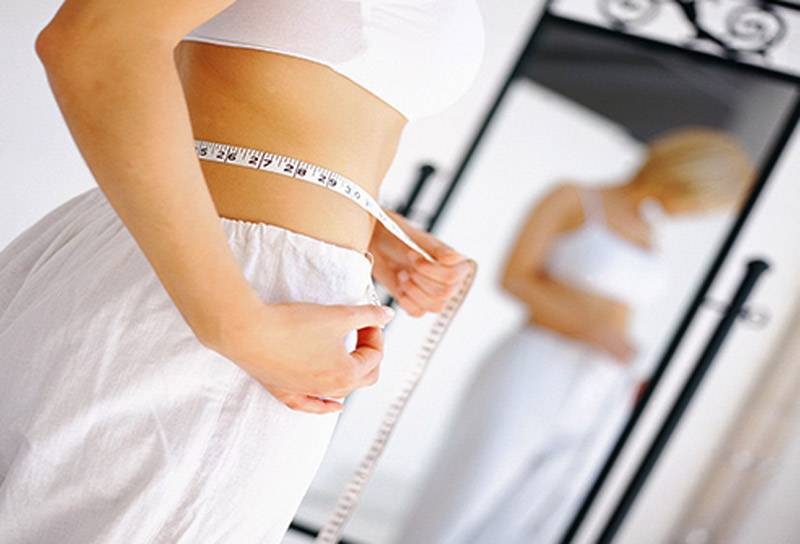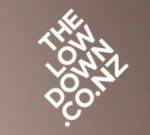The media is having a negative effect on teenagers body image
My forehead is too big. I have too many pimples. I’m too fat. I’m too skinny. I wish I was shorter. I wish I was taller. I’d be much happier if I looked like her. I’d be happier if I looked like him. I should dye my hair. I wish I had blue eyes. The media is having a negative effect on teenagers’ body image.
All teenagers are concerned about the way they look. They are all trying to meet the unrealistic standards put forward by society, and it is never easy, especially for girls compared to boys. It is proven that girls are judged on their appearance more often than boys. A study by the Florida House Experience, a healthcare institution, performed a survey on 1,000 men and women, which focused on whether they had been judged or put down because of their physical appearance. The results found that 87% of women and 65% of men have been put down based on their physical appearance. It then went on to find that 50% of women and 37% of men compare their bodies to others on a daily basis. Characteristics shown to be the basis of attractiveness in females are commonly based on physical attributes, such as nice lips, dimples, perfect hair and a “slim thick” body, but most people can’t reach these prescribed standards and become desperately unhappy and insecure with their bodies.

Social media is a leading influencer on how teenagers define body image, the so-called “perfect body”. Social media promotes specific images and standards of attractiveness and beauty. However, these images are unrealistic and photoshopped to make the models look “perfect”. Katherine Schwarzenegger’s book, “Rock What You’ve Got”, provided evidence that “the average fashion model is over six feet tall and weighs around 120 pounds [54kg]”. Katherine then says that “the average American woman is five feet four and weighs 140 pounds [63kg]”. That is less than 5% of all women who have the body type that they see in magazines, Instagram, Facebook, Tiktok etc. As a result of social media pressure like this, it is simple for girls to compare themselves to these models and feel the pressure to meet those high expectations that have been set by the media.
The media’s pressure us to have the “perfect” body from many angles, it is inescapable. By simply turning on your TV you will find shows and movies that are promoting people who are seen as “thin”. Music videos are known for showing off women in “sexy” outfits dancing around men with their shirts off. Billboards, posters, clothing shops etc, are continuing to promote unhealthy standards that promote a certain body type which requires a low body mass. This is the reason why so many teenagers are feeling unsatisfied with the way they look and why they are continuously trying to change their bodies just to “fit in”.
Social media isn’t only having a negative effect on teenagers’ physical appearance, but also the mental health of our youth. It is now becoming more obvious that an individual’s feelings, perceptions and opinions on his or her body are causing confusion about the way we teens should look.
The National Eating Disorder Association defines body image as “how you see yourself when you look in the mirror or when you picture yourself in your mind”. However, the way we see ourselves alters according to what we see in the media. Many experts say that the pressure to be perfect, is a leading reason why a large number of teenagers are developing body image disturbances (BID).
BID is described in two ways: internal and external, it can affect the way they feel emotionally and the way they behave.
The internal or mental health trappings of BID commonly lead to “obsessive striving for perfection”, depression, arguments about control issues, low self-esteem, family problems and social and or psychological traumas such as sexual promiscuity. In many cases, teenagers become so worried about their body image, that it can end up taking over many aspects of their lives.
The external or physical health effects of BID often result in eating disorders. Health experts now recognise three different types of physical BID. The first type is compulsive eating, more commonly known as binge eating. A person who binge eats will eat large amounts of food, even when they aren’t hungry. The second type is anorexia nervosa. This is where a person is restricting eating and doing excessive exercise, which is done to undertake complete weight gain control. The South Carolina Department of Mental Health reported that anorexia is the “third leading chronic illness in teenagers”. The last type is bulimia. A person who is putting themselves through bulimia will eat a large amount of food, but will then proceed to force themselves to throw up, or take laxatives or use multiple other ways to prevent gaining weight.
There is no denying that the media is failing to put forward healthy and realistic standards for young men and women. The pressure to be thin, muscular, “slim thick” and toned is influencing many of us to feel uncomfortable in the way we look. To make us think we need to try that diet or eat those foods, to make us hide our bodies until it’s not ours anymore.
So having discussed the implications of the unrealistic demands made on young people to confirm to unreachable standards – eating disorders have been shown to have a higher death rate than any other mental illness, the question remains – what can be done to address this?
I think it’s a real challenge for teens to stand against the media without help. Much as we are trying to decide our points of difference from parents and family, we are teenagers and we want to feel we fit in somewhere.
There have been some celebrities who speak out – Lady Gaga, Lili Reinhart, Zendaya , Kate Winslet and Lorde have all spoken up about airbrushed photos.
Dove’s campaign for real beauty has also gone a long way to normalising all body shapes and sizes, and seeing beauty no matter what the waist measurement.
But in my opinion I think that adults need to speak up alongside teens. I think we need to learn about self-esteem and assertiveness as part of our health education, in addition to teaching kids from primary school that these pictures are just fairy tales, and that adults need to also push for truth in the media, or the shocking mental health statistics among young people will only get worse.
Opinion Piece by an I’m Enough Ambassador – Catilyn Brinn.



